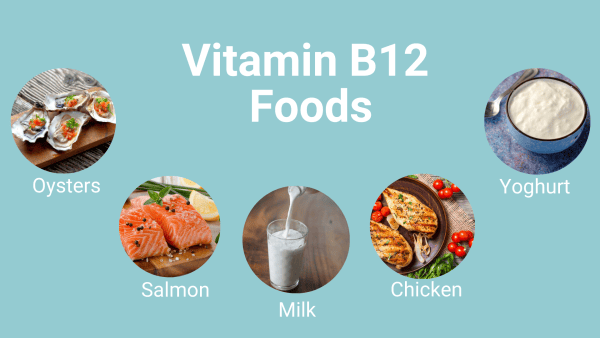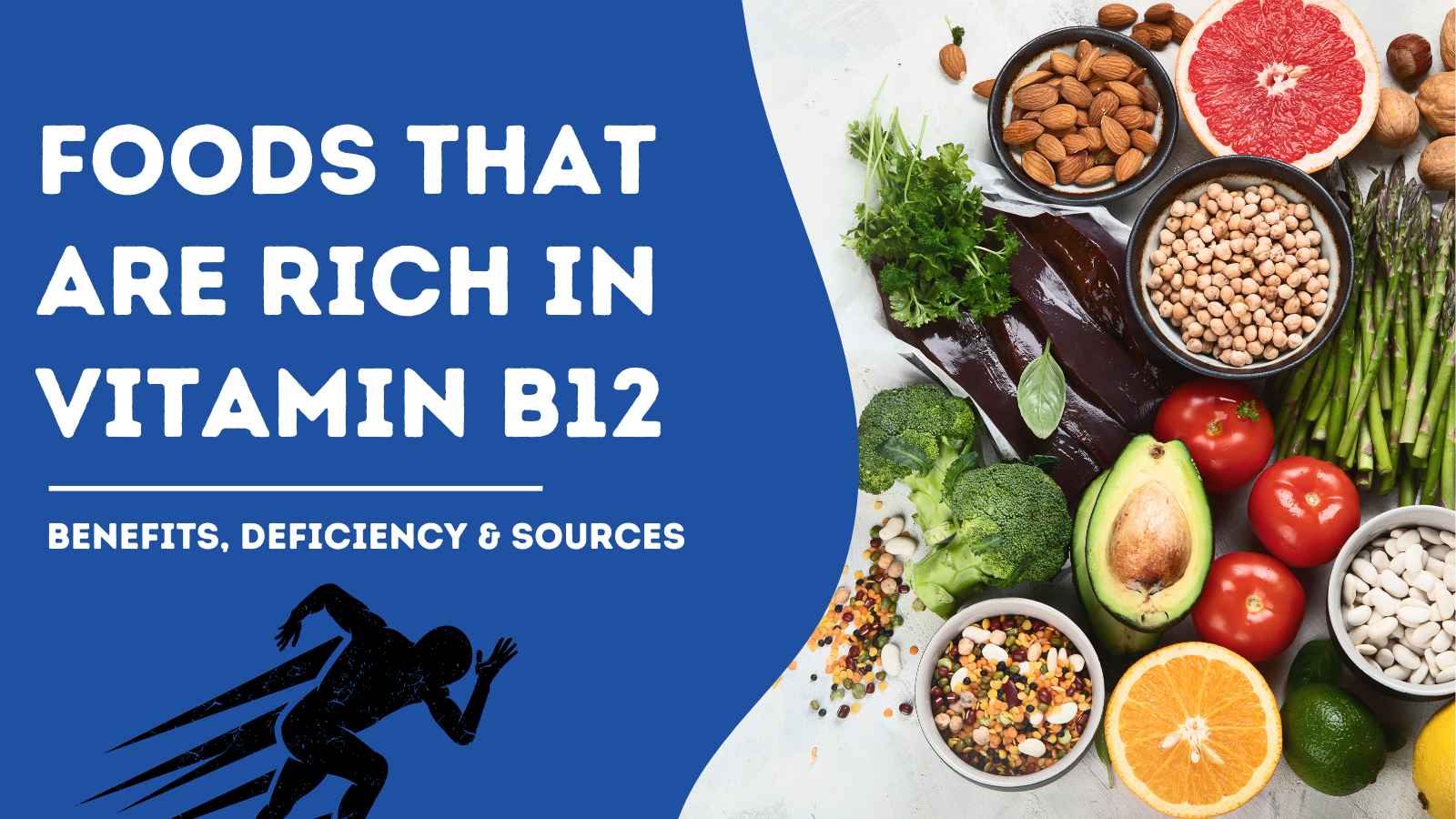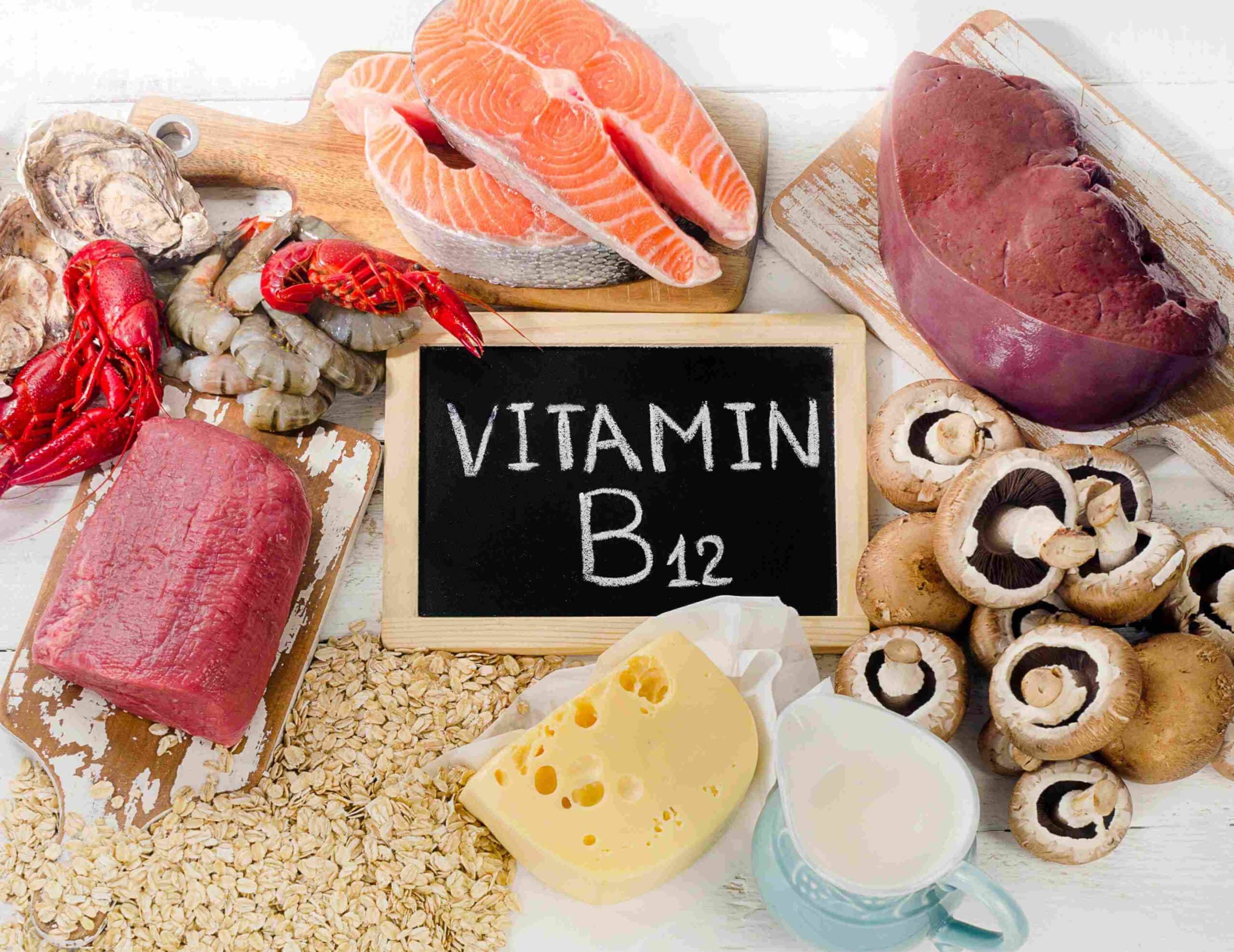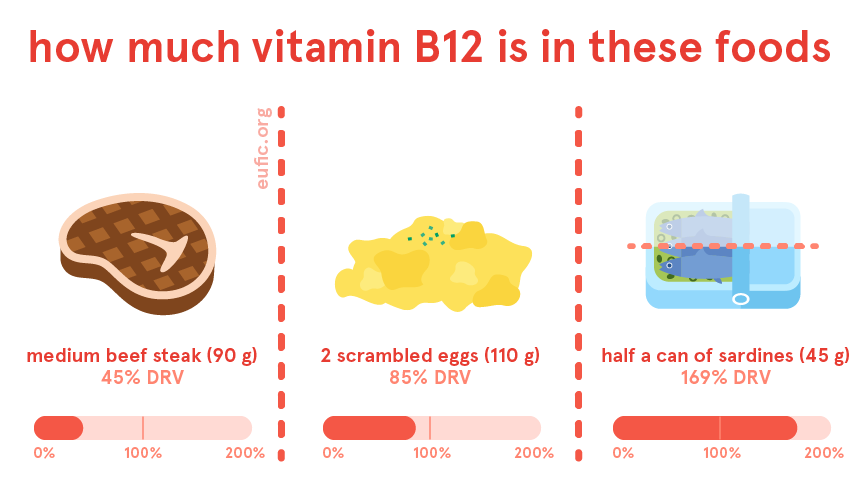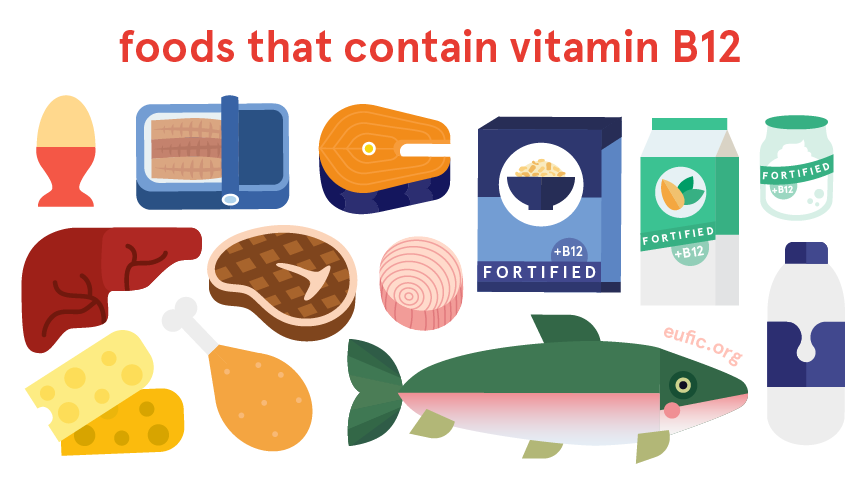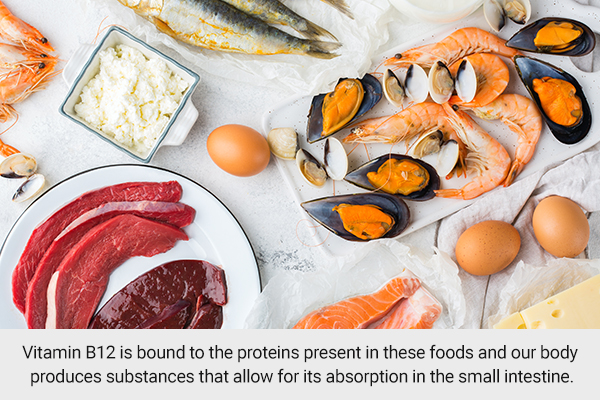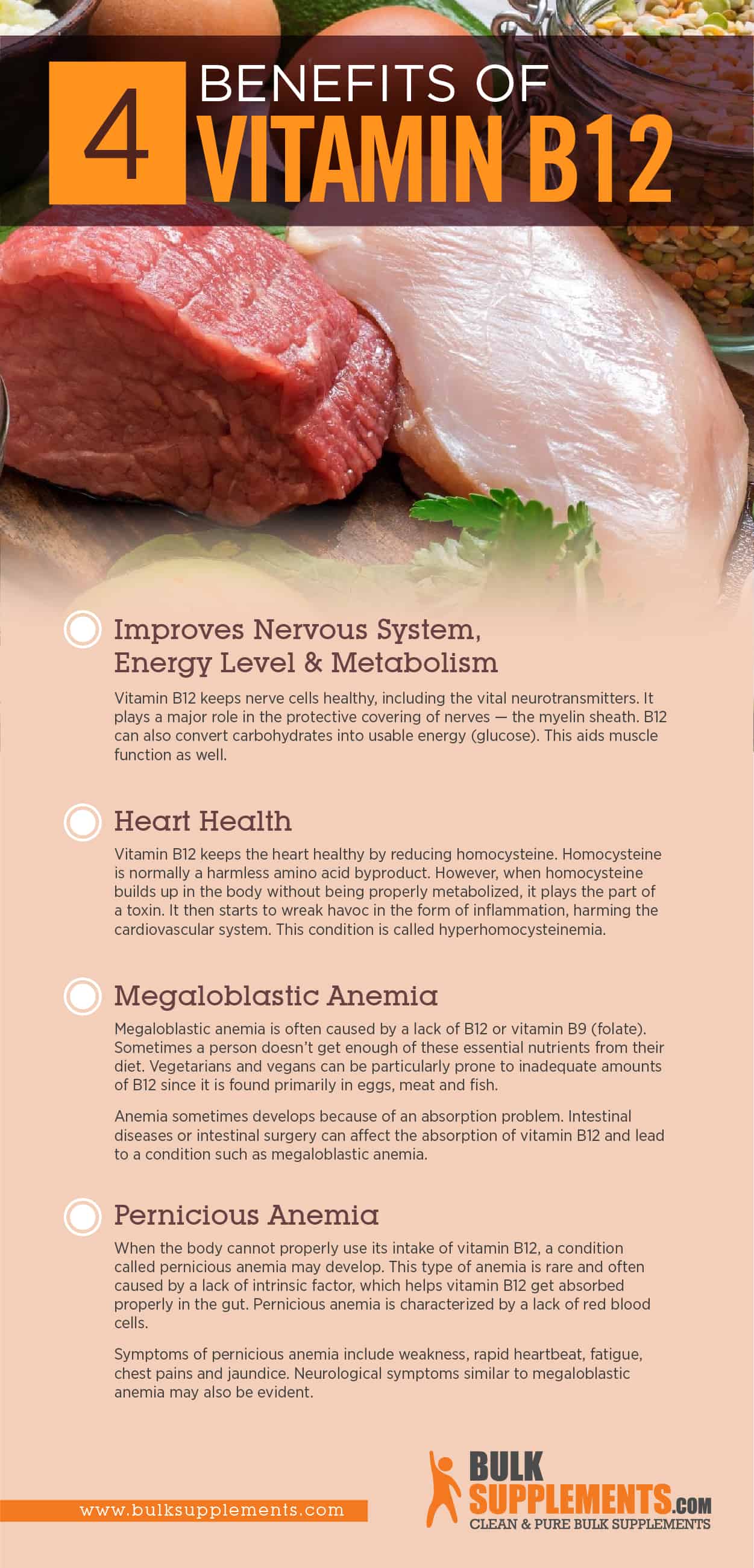Does Vitamin B12 Make You Hungry
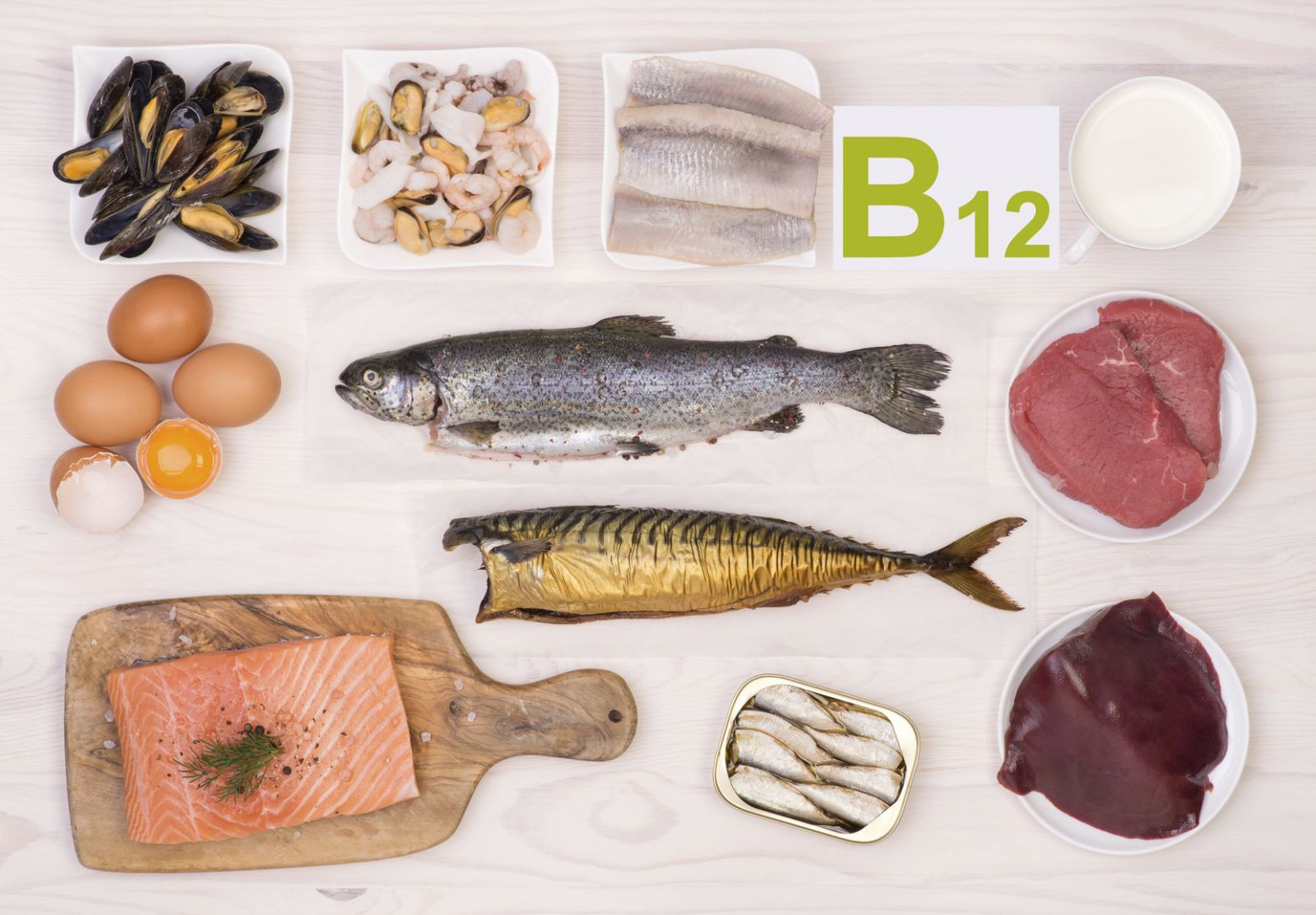
A creeping feeling of insatiable hunger, despite eating regular meals, can be unsettling. For some, this increased appetite coincides with starting Vitamin B12 supplementation, leading to a perplexing question: Does Vitamin B12 directly cause increased hunger?
This article will explore the complex relationship between Vitamin B12 and appetite, dissecting anecdotal claims, examining scientific research, and consulting with experts to provide a balanced perspective. We aim to clarify whether B12 is a direct driver of hunger, or if other underlying factors are at play.
Understanding Vitamin B12 and its Role
Vitamin B12, also known as cobalamin, is an essential nutrient that plays a vital role in numerous bodily functions. These functions include nerve function, DNA synthesis, and red blood cell formation.
Deficiency in B12 can lead to a range of symptoms, including fatigue, weakness, neurological problems, and even anemia. Addressing a deficiency through supplementation can often lead to a significant improvement in overall health and well-being.
The Anecdotal Evidence: Increased Appetite
Many individuals who begin B12 supplementation report an increase in appetite. This observation, though not scientifically rigorous, deserves consideration.
Online forums and anecdotal reports frequently mention a noticeable surge in hunger after starting B12 injections or oral supplements. These individuals describe experiencing intense cravings and feeling the need to eat more frequently.
"I started taking B12 injections for my chronic fatigue, and within a week, I was ravenous!" - A user on a health forum.
Scientific Scrutiny: Separating Fact from Fiction
While anecdotal evidence can be compelling, scientific research is crucial to determine whether there's a direct causal link between B12 and increased appetite.
Currently, there is limited direct scientific evidence definitively proving that Vitamin B12 directly stimulates appetite. Studies primarily focus on B12's role in energy production and overall metabolic function, not appetite regulation itself.
Potential Indirect Mechanisms
Although a direct link remains unproven, some researchers suggest potential indirect mechanisms through which B12 might influence appetite.
One possibility is that by correcting a B12 deficiency, individuals experience increased energy levels. This renewed vitality can lead to increased physical activity, which, in turn, can stimulate appetite.
Another theory suggests that B12 might play a role in regulating neurotransmitters involved in appetite control, such as ghrelin and leptin. However, more research is needed to fully understand this interaction.
The Role of Underlying Deficiencies
Often, people seeking B12 supplementation are already experiencing other underlying nutritional deficiencies. Correcting these deficiencies alongside B12 may contribute to increased appetite.
For example, iron deficiency anemia can suppress appetite. Addressing both iron and B12 deficiencies simultaneously could lead to a normalization of appetite, which might be perceived as an increase.
The Importance of a Holistic Approach
It's crucial to consider the individual's overall health status when assessing the impact of B12 on appetite. This includes dietary habits, activity levels, and any pre-existing medical conditions.
A holistic approach that incorporates a balanced diet, regular exercise, and appropriate medical consultation is essential. This approach helps to determine the root cause of any changes in appetite.
Expert Opinions: Seeking Professional Guidance
Consulting with healthcare professionals, such as doctors and registered dietitians, is vital for understanding the individual effects of B12 supplementation.
These experts can assess individual needs, identify potential deficiencies, and provide personalized recommendations. They can also monitor for any adverse effects and adjust supplementation dosages accordingly.
"While B12 is essential, it's important to remember that individual responses to supplementation can vary. Consulting with a healthcare provider is crucial to address any concerns," - Dr. Anya Sharma, a registered dietitian.
Other Factors Influencing Appetite
Many factors beyond B12 levels can influence appetite. Stress, sleep deprivation, hormonal imbalances, and certain medications can all play a significant role.
It's essential to consider these factors when assessing changes in appetite. Focusing solely on B12 may overlook other crucial contributors.
The Placebo Effect
The placebo effect can also play a role. If someone expects B12 to increase their energy and appetite, they may subconsciously eat more or perceive their hunger differently.
This highlights the importance of objective observation and controlled studies when evaluating the effects of any supplement.
Conclusion: A Complex Relationship
The relationship between Vitamin B12 and appetite is complex and multifaceted. While anecdotal evidence suggests a possible link, scientific evidence remains inconclusive.
It's more likely that any increase in appetite following B12 supplementation is due to indirect mechanisms or the correction of underlying deficiencies. These factors may play a role rather than B12 directly stimulating hunger.
Future research should focus on the potential interplay between B12, neurotransmitters involved in appetite regulation, and other influencing factors. This will bring more clarity to this topic.
In the meantime, individuals experiencing changes in appetite after starting B12 supplementation should consult with a healthcare professional. A professional can provide personalized guidance and rule out other potential causes.


